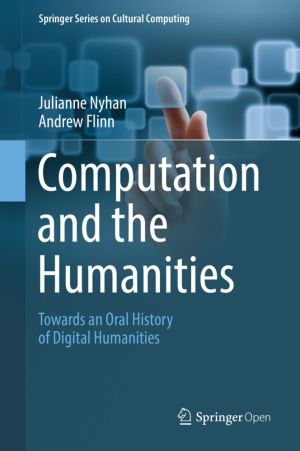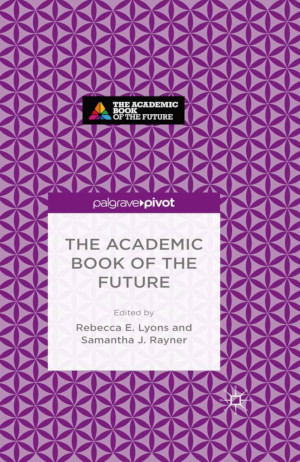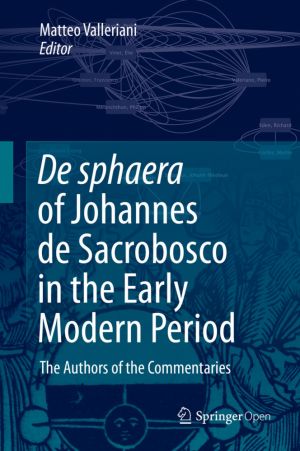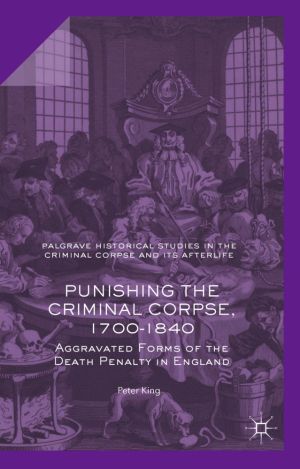An Oral History of the Special Olympics in China Volume 2
The Movement
by William P. Alford, Mei Liao, Fengming Cui
DescriptionDetailsHashtagsReport an issue







Book Description
This open book contains the oral histories that were inspired by the work of the Special Olympics in conjunction with the 50th anniversary of its founding. The foreword and prefatory materials provide an overview of the Special Olympics and its growth in the People’s Republic of China. The sections that follow record interview transcripts of individuals with intellectual disabilities living in Shanghai. In addition to chronicling the involvement of these individuals and their families in the Special Olympics movement, the interview transcripts also capture their daily lives and how they have navigated school and work.This open book is licensed under a Creative Commons License (CC BY-NC-ND). You can download An Oral History of the Special Olympics in China Volume 2 ebook for free in PDF format (6.2 MB).
Book Details
Title
An Oral History of the Special Olympics in China Volume 2
Subject
Sociology and Social Sciences
Publisher
Springer
Published
2020
Pages
574
Edition
1
Language
English
ISBN13
9789811551277
ISBN10
9811551278
ISBN13 Digital
9789811551284
ISBN10 Digital
9811551286
PDF Size
6.2 MB
License

Related Books

This open book is unique in presenting the first oral history of individuals with an intellectual disability and their families in China. In this summary volume and the two accompanying volumes that follow, individuals with an intellectual disability tell their life stories, while their family members, teachers, classmates, and co-workers describe ...

This open book brings together oral histories that record the experiences of individuals with intellectual disabilities in Shanghai as they participate in their careers. Employees with intellectual disabilities describe their experiences seeking, attaining, and maintaining employment. Their managers, colleagues, and family members also provide keen...

This book addresses the application of computing to cultural heritage and the discipline of Digital Humanities that formed around it. Digital Humanities research is transforming how the Human record can be transmitted, shaped, understood, questioned and imagined and it has been ongoing for more than 70 years. However, we have no comprehensive histo...

Part of the AHRC/British Library Academic Book of the Future Project, this book interrogates current and emerging contexts of academic books from the perspectives of thirteen expert voices from the connected communities of publishing, academia, libraries, and bookselling....

This open access book explores commentaries on an influential text of pre-Copernican astronomy in Europe. It features essays that take a close look at key intellectuals and how they engaged with the main ideas of this qualitative introduction to geocentric cosmology.
Johannes de Sacrobosco compiled his Tractatus de sphaera during the thirteenth ce...

This book analyses the different types of post-execution punishments and other aggravated execution practices, the reasons why they were advocated, and the decision, enshrined in the Murder Act of 1752, to make two post-execution punishments, dissection and gibbeting, an integral part of sentences for murder. It traces the origins of the Act, and t...

